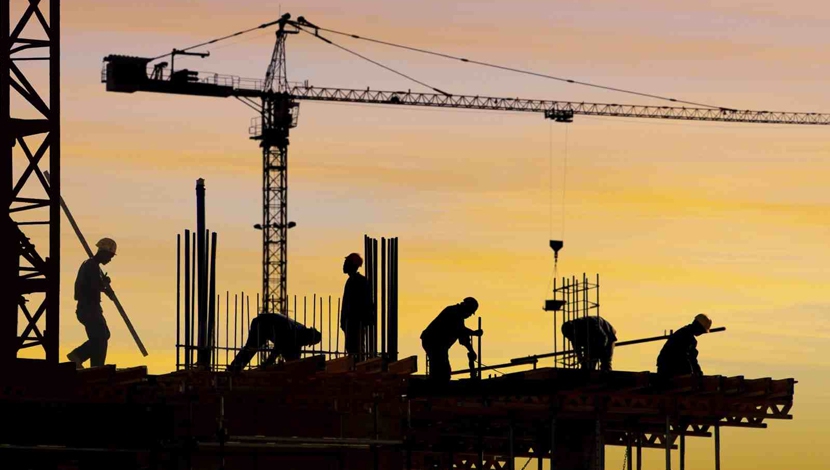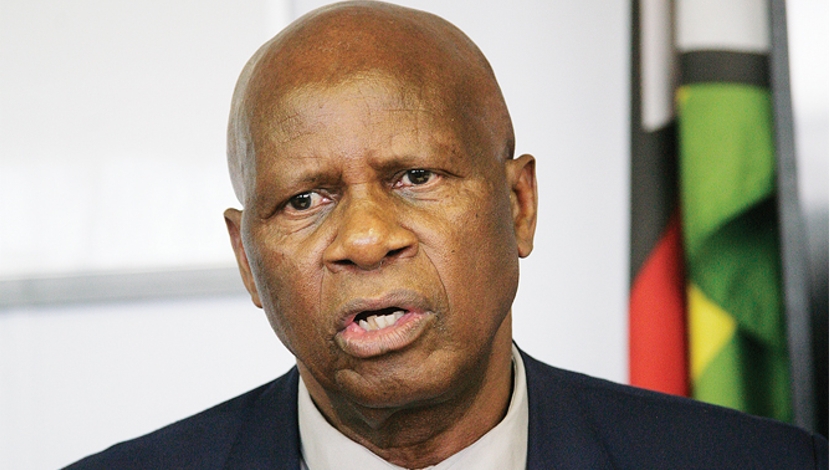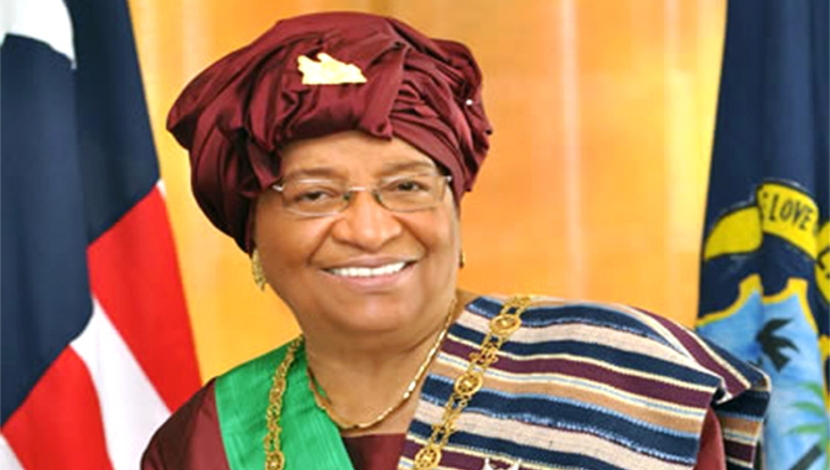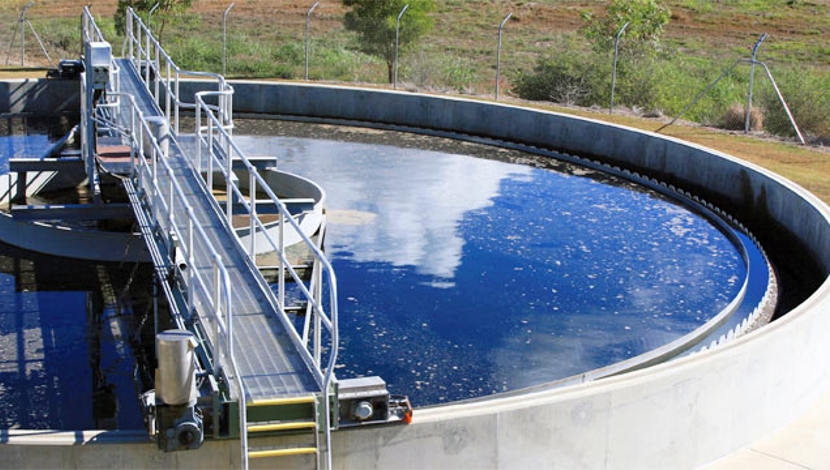
![Infrastructure - [http://www.ceebusinessportal.eu/documents/10180/470540/Real-Estate-Construction-and-Infrastructure1.png/547fc323-1303-4ef8-a1af-f21f899986a7?t=1412584220114]](https://concretetrends.dmgeventslive.com/wp-content/uploads/2016/10/6385e6f17808ee94242f6d7df530e286.jpg)
In line with the National Development Plan, investment in infrastructure remains a policy priority with public-sector infrastructure investment plans totalling R987.4 billion over the medium term.
According to the 2016 Medium Term Budget Policy Statement (MTBPS) tabled by Finance Minister Pravin Gordhan in Parliament on Wednesday, since 2009 the public sector has invested more than R1.6 trillion in infrastructure.
“In line with the NDP, investment in infrastructure remains a policy priority. Public-sector infrastructure investment plans total R987.4 billion over the medium term, of which R334 billion is in transport and logistics, and R137 billion in water and sanitation. Investment in energy infrastructure totals R243 billion over the period,” said Minister Gordhan.
It affirmed that the IPP programme, which has been lauded the world over, will continue.
“Government has worked to stabilise Eskom and increase the participation of independent power producers (IPPs), which was initially focused in renewable technologies. The IPP programme, which involves large investments by the private sector, will continue, and will expand to include private investment in coal and gas.”
In addition, integrated resource planning should take into account the falling cost of renewables and their possible use in generating baseload electricity.
Power utility Eskom has scaled up its maintenance work and energy availability improved from 70% in October 2015 to 81% in June 2016. The Medupi and Kusile power plants are expected to be completed by May 2020 and September 2022 respectively.
The IPP programme has successfully introduced renewable power to the electricity grid. Of the 6376 MW of renewable power procured to date by the Department of Energy, 2220 MW has come on stream. IPPs have attracted R194 billion in investment and created just under 27,000 jobs.
The Development Bank of Southern Africa disbursed a record R17.1 billion during 2015/16, of which R8.1 billion went to municipalities. Over 250 000 households benefited from energy and water and sanitation projects.
Meanwhile, the Industrial Development Corporation approved loans of R4.9 billion and R2.9 billion for black empowered companies and black industrialists respectively to support greater participation of black people in the economy.
The 2016 MTBPS said incentives which government provides to support business are being reviewed with the review expected to be completed next year.
For example the Manufacturing Competitiveness Enhancement Programme – which is run by the Department of Trade and Industry – has approved projects worth about R28 billion, supporting an estimated 200,000 jobs.
“Given increased pressures on the fiscus, these incentives, including direct transfers, tax and tariff rebates and concessional financing are being reviewed. The review is intended to assess performance, determine value for money, and analyse how the system as a whole supports the economy and job creation. The review is expected to be completed by October 2017,” said the MTBPS.





